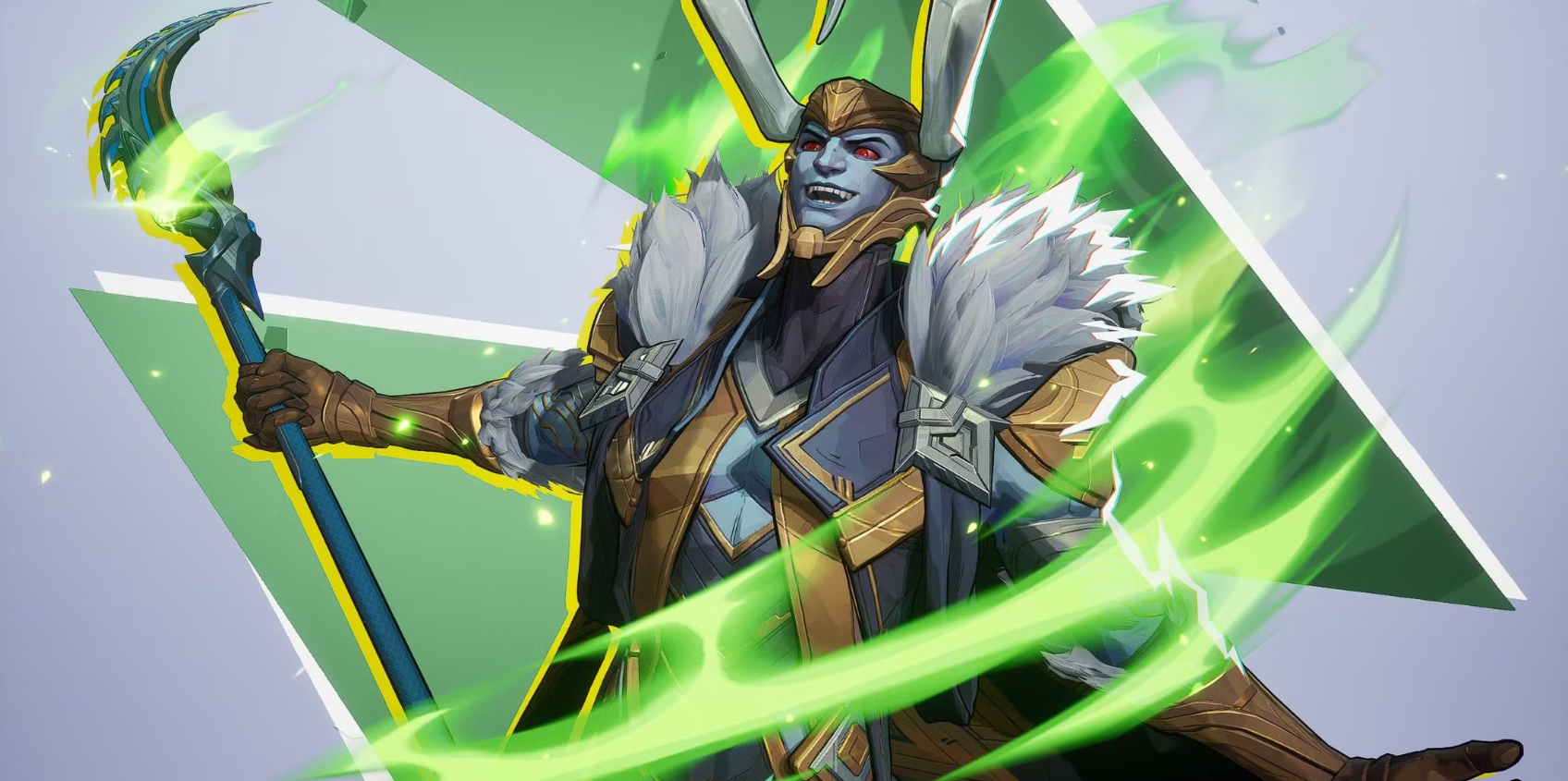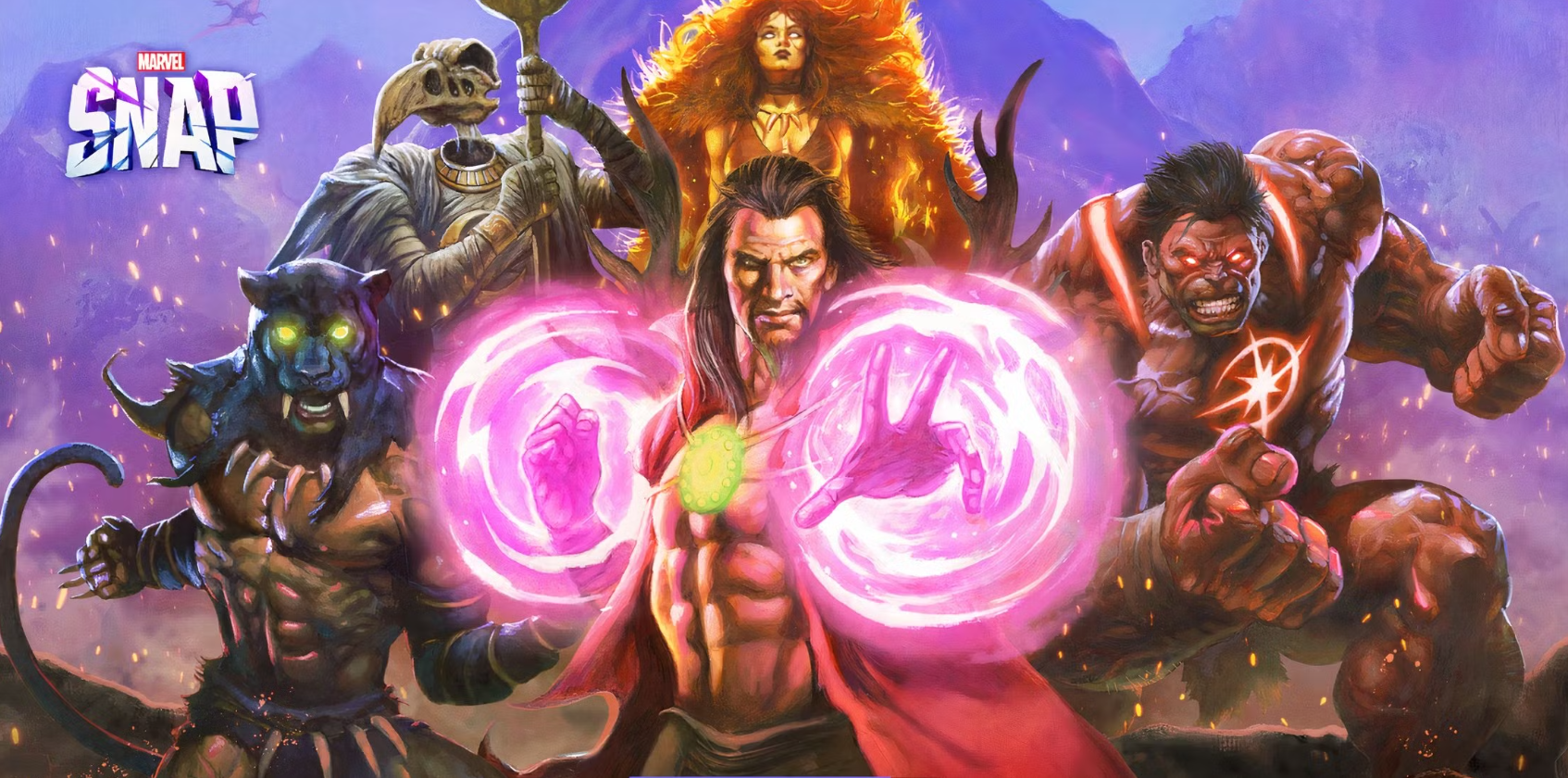GTA 6 Pricing Expectations: Industry Analysts Anticipate $80 to $100 Tag

In a recent presentation discussing the future of the gaming industry, Epyllion CEO Matthew Ball expressed optimism regarding the pricing of the highly anticipated Grand Theft Auto 6. He indicated that there is a growing sentiment among industry professionals that the game could be priced between $80 and $100. This potential pricing shift is seen as a pivotal moment for the video game market, which has experienced decades of price deflation even as development costs have soared. Ball emphasized that GTA 6, given its renowned franchise status and expected success, has the potential to reset the standard pricing for video games. He noted that the game could set a new precedent, encouraging other developers to consider higher price points for their titles.
This change could reflect the increasing costs associated with game development, including advancements in technology, graphics, and the overall scope of modern games. The analyst’s comments highlight a broader trend in the industry, where the financial landscape is evolving. As games become more complex and production budgets balloon, there is a pressing need for pricing models that align with these changes. The hope is that a successful launch of GTA 6 at a higher price point could lead to a more sustainable economic environment for game developers, ultimately benefiting the entire industry.
Table of Contents
Anticipation and Pricing: The Future of Grand Theft Auto 6
Grand Theft Auto 6, anticipated for release in fall 2025 on PlayStation 5 and Xbox Series X and S, marks the long-awaited continuation of the iconic franchise that first captivated gamers with its groundbreaking release of GTA 5 in 2013. This previous installment not only set sales records but also redefined open-world gameplay, establishing a benchmark for quality and depth in video games. Given its legacy, expectations for GTA 6 are sky-high, and analysts are projecting that it could generate an astonishing $3 billion in its first year alone. Even before its official launch, pre-orders could potentially reach $1 billion, underlining the fervent anticipation within the gaming community. This level of financial success positions GTA 6 to possibly become the biggest entertainment launch in history, outpacing revenues from blockbuster films and major music releases. The unprecedented hype surrounding the game speaks to the enduring popularity of the franchise and the loyalty of its fanbase, which has only grown since the last major release. This anticipation is fueled not only by the game’s reputation but also by the promise of new features, improved graphics, and an expansive world that Rockstar Games is known for delivering.
However, a pressing question remains: how much will gamers have to pay for this highly awaited title? In recent years, the standard price for most triple-A games has settled around $70, following a $10 increase that accompanied the release of the current generation of consoles in 2020. With costs of development and production rising significantly, there’s speculation about whether Rockstar Games and its parent company Take-Two Interactive will seize the opportunity to raise the price for GTA 6 even further. In his detailed report, analyst Matthew Ball indicated that “some game developers are hopeful that GTA 6 will be priced between $80 and $100.” This would mark a significant shift in pricing strategy and could break the $70 barrier that has become the norm for major releases. Such a move could potentially set a new standard across the industry, leading to a domino effect where titles currently priced at $50 could rise to $60, those at $60 could move to $70, and so forth.
While a price increase would likely provoke a mixed reaction from gamers, Ball contended that a $70 price point for GTA 6 would, in fact, be the “cheapest” entry in the series when adjusted for inflation. He explained that, taking inflation into account, the average cost of the game would equate to about $91 in today’s dollars. This perspective highlights the complexities of video game pricing, where inflation and rising production costs must be balanced against consumer expectations and willingness to pay. The conversation surrounding the price of GTA 6 also reflects broader trends within the video game industry. As games become more sophisticated and development budgets skyrocket, the financial landscape is shifting. Game developers are increasingly pressured to innovate and deliver high-quality experiences, which naturally drives up costs. In this context, higher price points may become more acceptable to consumers, especially for a franchise as beloved and successful as Grand Theft Auto.
Additionally, the rise of digital distribution has changed the way games are sold and priced. With platforms like Steam, the PlayStation Store, and Xbox Live, game publishers can directly reach consumers without the need for traditional retail channels. This shift allows for more flexible pricing models, including pre-order bonuses, exclusive content, and seasonal sales, which can influence how much gamers are willing to spend on new titles. As the gaming landscape evolves, the potential pricing of GTA 6 will likely serve as a bellwether for the industry as a whole. If Rockstar successfully implements a higher price point and it meets with consumer acceptance, it could pave the way for other developers to follow suit, leading to a significant shift in how video games are priced and perceived. The outcome of this pricing strategy will not only impact the success of GTA 6 but could also influence the trajectory of the gaming industry for years to come. In summary, the excitement surrounding GTA 6 is palpable, and as its release approaches, questions about pricing and industry standards will only intensify. Whether it sets new records for sales or changes the pricing paradigm in gaming, one thing is clear: GTA 6 is poised to leave an indelible mark on the world of entertainment.
The Pricing Dilemma – Navigating Value and Expectations for GTA 6
“Packaged game prices today are at their lowest in real terms, despite budgets reaching unprecedented heights and a slowdown in player growth,” Ball stated in his report. “GTA 6 has the potential to reset video game prices after years of deflation, even as costs continue to rise.” This observation has sparked a lively debate within the gaming community about the actual value of video games in today’s market. Many industry insiders are questioning whether Rockstar would follow through on a price point of $80 to $100 for GTA 6. The potential for such a pricing strategy raises fundamental questions about consumer expectations and the perceived value of gaming experiences. Michael Douse, the publishing director at Larian, the studio behind Baldur’s Gate 3, reacted to Ball’s comments on Twitter, stating, “You’re not supposed to say this out loud!” His response underscores the tension in the industry regarding pricing strategies and the economic realities facing developers. Douse went on to explain, “A responsible company adjusts salaries to keep pace with inflation so that their employees are cared for. Yet, the prices of games haven’t kept up. While this isn’t the sole reason the industry is struggling, it’s an uncomfortable reality.”
Douse’s remarks highlight a critical issue: the disconnect between rising development costs and stagnant game prices. As budgets soar—often exceeding hundreds of millions of dollars for major titles—developers are under increasing pressure to deliver exceptional products that justify these investments. This creates a delicate balancing act; while consumers expect high-quality experiences, they may be resistant to higher price points. The conversation around pricing is not just about numbers; it delves into the broader implications for the industry. Higher prices could lead to increased expectations from players, who might demand even more content, improved graphics, and innovative gameplay mechanics. This could create a cycle where developers feel compelled to invest even more in their games, further driving up costs. Moreover, the rise of microtransactions and downloadable content (DLC) has complicated the pricing landscape.
Many players have become accustomed to paying extra for additional content post-launch, which can sometimes feel exploitative. This has led to a mixed reception of the current pricing models, with some gamers feeling frustrated by what they perceive as a lack of value for their money. In this context, a potential price increase for GTA 6 could be seen as a litmus test for the industry. If Rockstar successfully implements a higher price point and it resonates well with consumers, it could signal a shift in how games are marketed and sold. Conversely, if players reject the idea, it could force developers to rethink their pricing strategies altogether. The potential for GTA 6 to set new pricing standards also raises questions about the long-term sustainability of the gaming industry. As inflation continues to impact the economy, developers may face mounting pressure to adjust their business models to ensure profitability. This could lead to a new paradigm where higher prices become the norm, pushing the boundaries of what gamers are willing to pay.
The implications of these pricing discussions extend beyond just GTA 6. They touch on the future of gaming as a whole. As the industry continues to evolve, developers will need to navigate the fine line between providing value and ensuring financial viability. The outcome of these conversations could shape the gaming landscape for years to come, influencing everything from game design to marketing strategies. Ultimately, the discourse surrounding GTA 6’s pricing encapsulates a broader narrative about the future of the gaming industry. It is a reflection of the challenges faced by developers in an environment where costs are rising, player expectations are escalating, and economic realities are shifting. As the release date approaches, the gaming community will undoubtedly keep a close eye on how Rockstar navigates these complex issues, setting the stage for what could be one of the most significant moments in gaming history.




